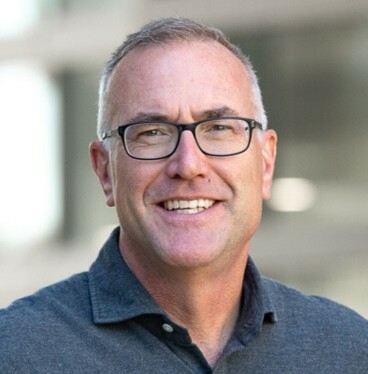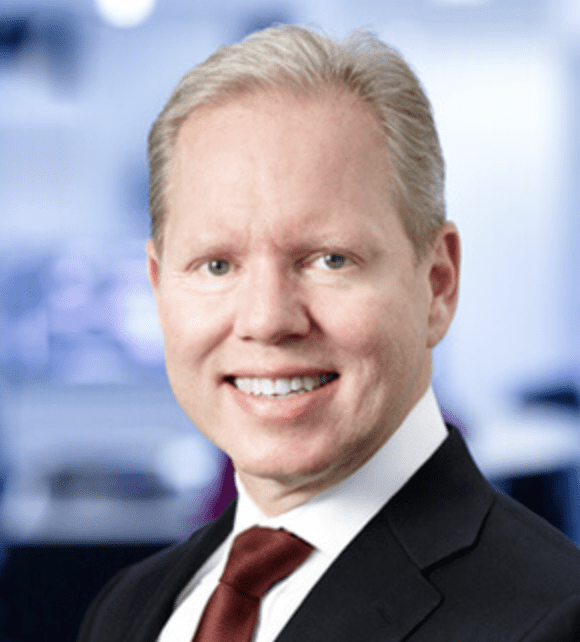Less than a year into a rocky rollout for its gene therapy Roctavian, BioMarin is now talking about whether the product might be a better fit outside the company, and cutting several pipeline programs.
On Wednesday, CEO Alexander Hardy said that the biotech company is looking at plans for the hemophilia A treatment, which brought in just $800,000 in the first quarter. If uptake doesn’t improve, Hardy said BioMarin may consider cutting the drug from its portfolio altogether.
 Alexander Hardy
Alexander Hardy“Our focus is really on establishing the opportunity right now,” he said, noting during the company’s quarterly earnings call that BioMarin is not in active discussions for a sale of the product. “But should we remove it from the portfolio, we will absolutely look at the options around divesting.”
BioMarin also announced four early pipeline cuts, including two gene therapies, BMN 365 and BMN 331. It also cut a small molecule in development for hyperoxaluria, BMN 255, and a monoclonal antibody for long-QT syndrome, BMN 355. Hardy said the programs “did not meet our new higher bar for continued development” but weren’t safety-related.
The “refreshed” pipeline centers around three early programs: a long-acting C-type natriuretic peptide called BMN 333 for “multiple growth disorders,” an oral small molecule drug for Alpha-1 antitrypsin deficiency called BMN 349, and an oligonucleotide for Duchenne muscular dystrophy BMN 351.
Hardy was appointed at BioMarin in November, the same month it was revealed that activist investor Elliott Investment Management had secured a $1 billion stake in the company and, soon after, a promise to review the business.
“As I complete my first quarter as CEO, I hope it’s evident that we’re taking decisive, thoughtful action to realize our priorities,” he said.
 Jeff Ajer
Jeff AjerWhat hasn’t changed are BioMarin’s struggles to increase Roctavian sales, which the company once predicted could hit $50 million to $100 million by the end of last year. For now, BioMarin says it’s focused on three commercial markets where reimbursement has been established: the United States, Germany and Italy. BioMarin announced a three-year reimbursement deal with the German National Association of Statutory Health Insurance Funds in November, and two of three total patients treated in 2023 were in Germany.
“Patient pull-through is really the last mile that we’ve experienced the challenges with,” Chief Commercial Officer Jeff Ajer said on the quarterly call. “Establishing proof-of-concept and pulling those patients through that last mile and getting them treated is what we need to do.”
BioMarin’s achondroplasia drug Voxzogo will also feature prominently in the company’s future, with expansion plans including other conditions such as hypochondroplasia. Voxzogo generated $153 million in first-quarter sales, most of which Hardy attributed to children under 5 years old following an expansion in that population in October.
“We continue to see expansion in the over five population as well,” he said.